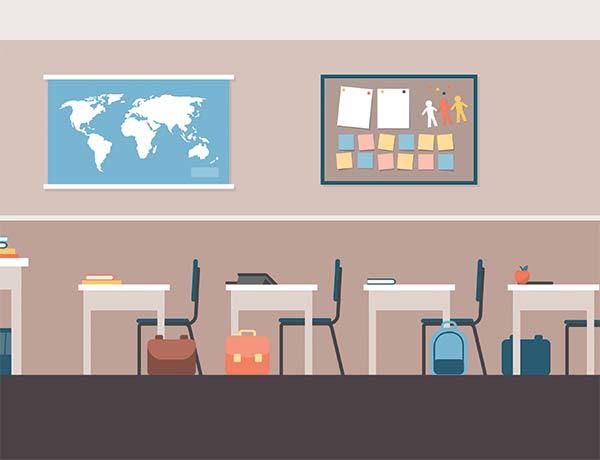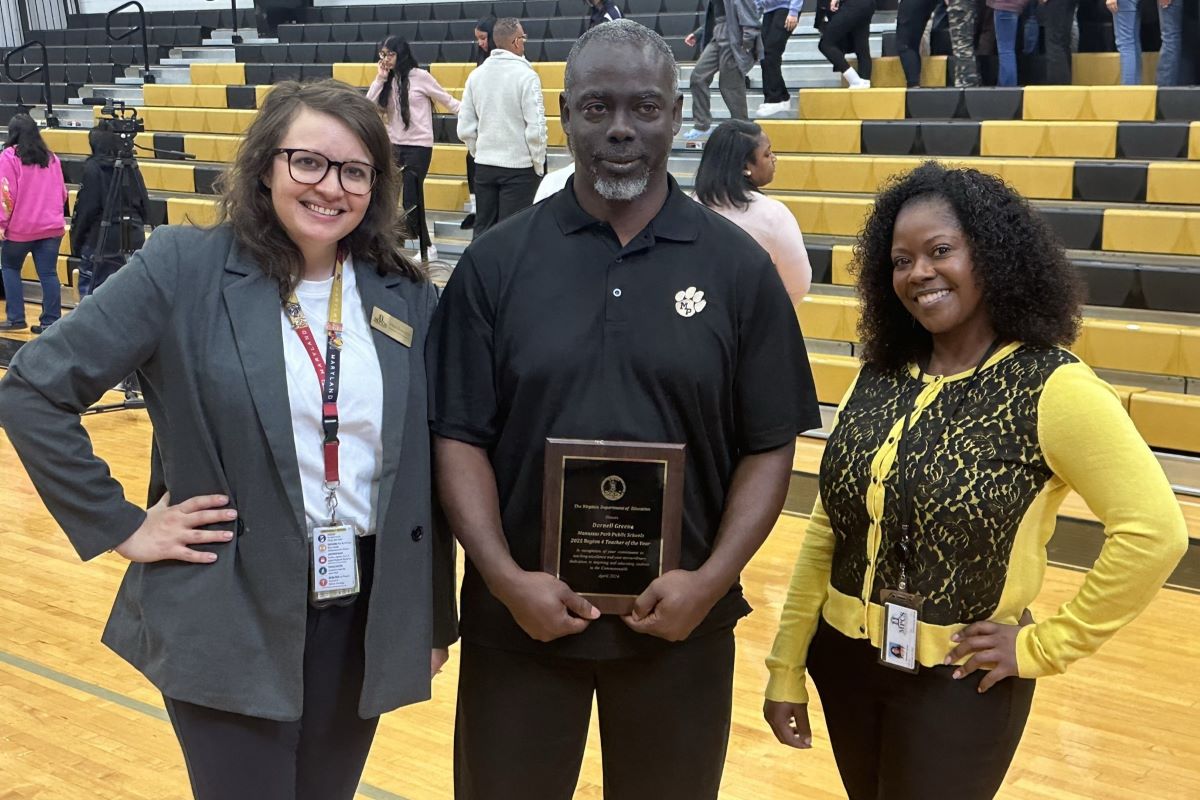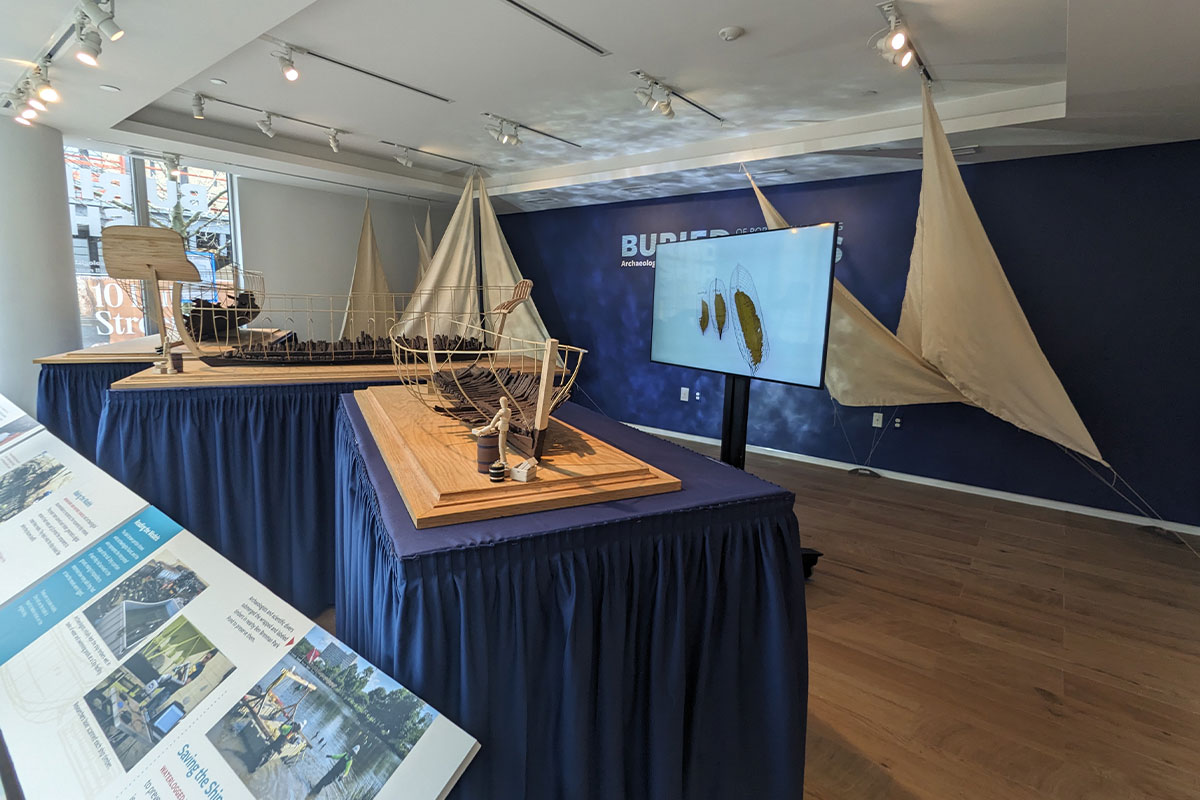
Researching private schools can be like learning a new language. There are multiple types of schools—Montessori, independent, parochial—and before you can determine the best choice for your child, you need to understand what each choice means. We break it down for you.
Traditional Private School
Traditional private schools are not government-funded, which gives them the freedom to stray from the national curriculum. Private schools can be run by for-profit businesses, or they may be nonprofit, e.g. run by private foundations or religious institutions (see below). Most of the funding comes from tuition costs.
Independent
Independent schools can be day schools or boarding, coed or single-sex, religiously affiliated or not. They are independent in both their finances, being funded through tuition payments and charitable contributions, and in their philosophies, each school being run by a unique mission and set of principles.
Montessori
A school founded on the principles of the Montessori method of education, founded by Dr. Maria Montessori. The Montessori method is described as a “child-centered educational approach based on scientific observations of children from birth to adulthood.” Some factors of Montessori learning include multiage classrooms, opportunity for peer learning and a focus on sensory learning activities.
Boarding School
In simplest terms, a boarding school is one that allows students and faculty to live on campus. The school might have a greater emphasis on a sense of community and participation in extracurricular activities than a day school. Faculty members often serve in an advisory capacity beyond academics.
Language Immersion
What it sounds like: A school focused on immersing students in a second language. A total immersion school teaches all classes in a foreign language. A partial immersion school will teach half the classes in English (for example math and science) and the other half in a second language.
Private Special Education School
Concentrates on students with special needs, e.g. those on the autism spectrum or with ADHD. Staff are specially trained to assist students with developmental disorders or who may require more individual attention than those with average needs. Services are provided in conjunction with IDEA, the Individuals with Disabilities Act.
Religious
A religious private school is affiliated with a religious faith, but not necessarily a specific institution. The curriculum might include education in the history and culture of the associated faith, and students might be expected to comport themselves according to the rules and expectations of the religion.
Parochial
More specific than a religious school, parochial generally means that a school will be affiliated with, and receive funding from, a local church. Roman Catholic parochial schools are organized by the diocese, with the administration overseen by a bishop and an advisory board appointed by said bishop. Teachers are required to be educated in religious doctrine.
Reggio Emilia
Founded in Italy after World War II, the Reggio Emilia philosophy of early childhood education is based on a pedagogy of student-centered, experiential education in an environment focused on respect, relationship and community-building. The Reggio Emilia philosophy espouses the idea that children are in possession of “a hundred languages,” many ways to express and understand ideas.
Waldorf
A Waldorf education is an arts-integrated education philosophy founded by artist and philosopher Rudolf Steiner. Waldorf schools focus on establishing a love of learning, eschewing emphasis on tests and class ranks.




